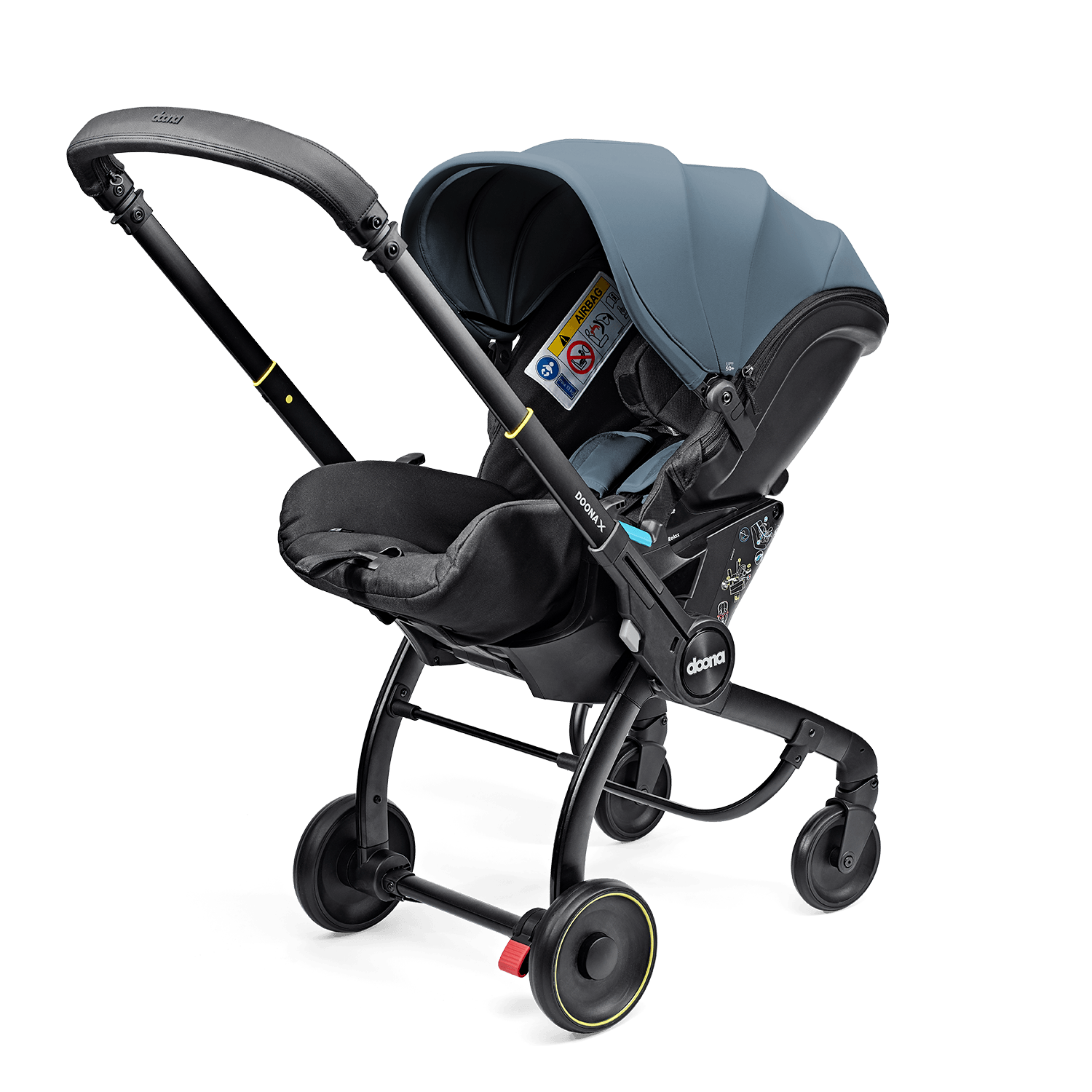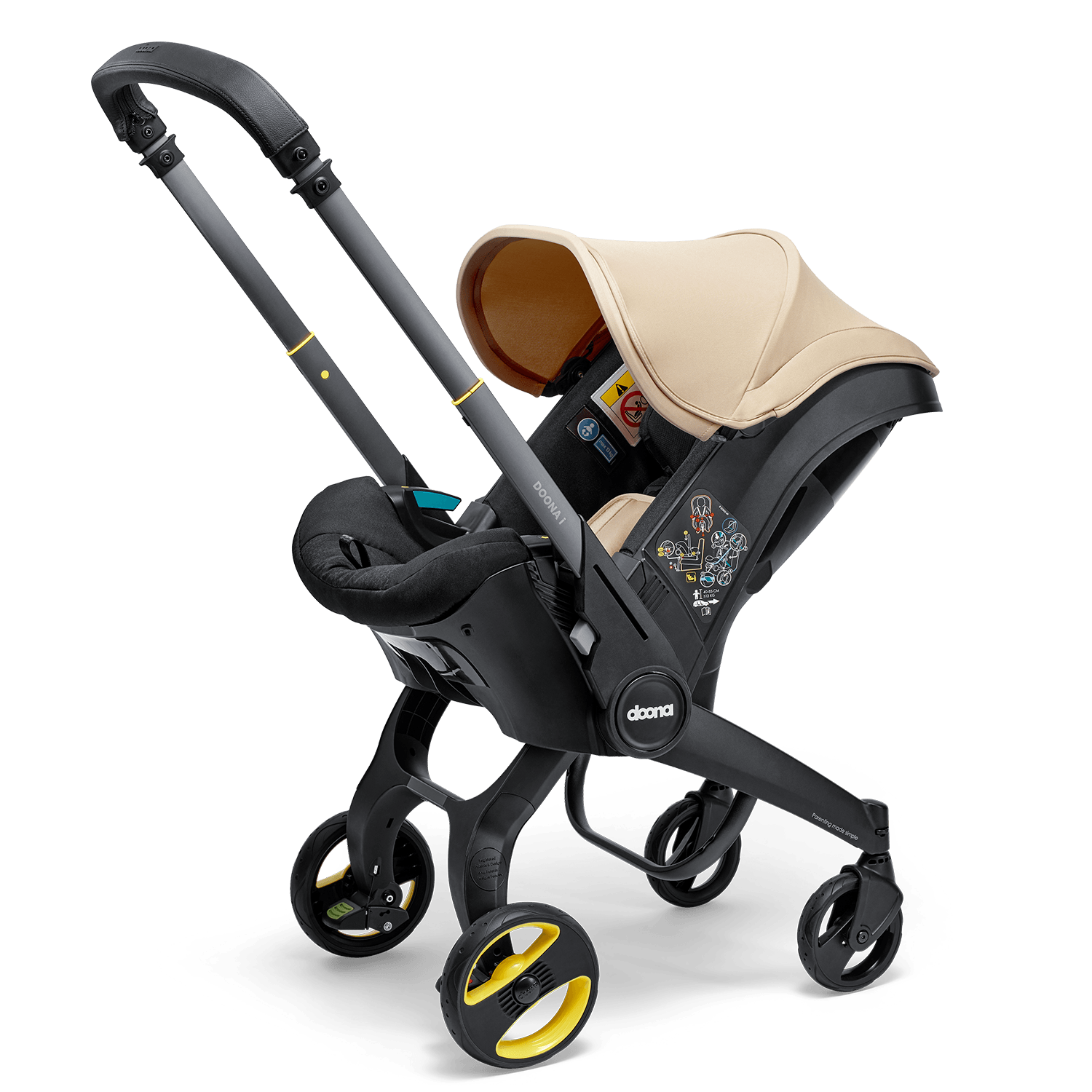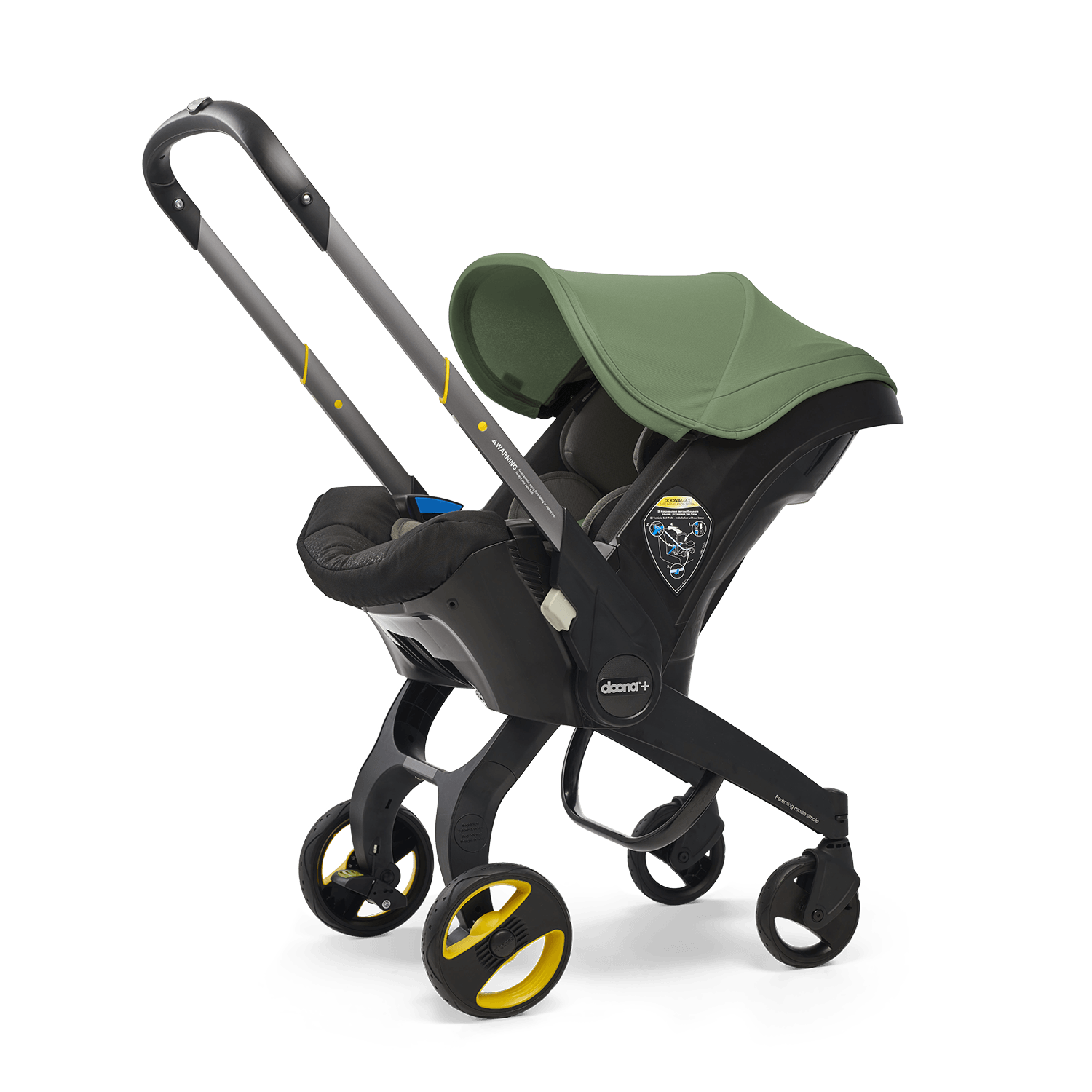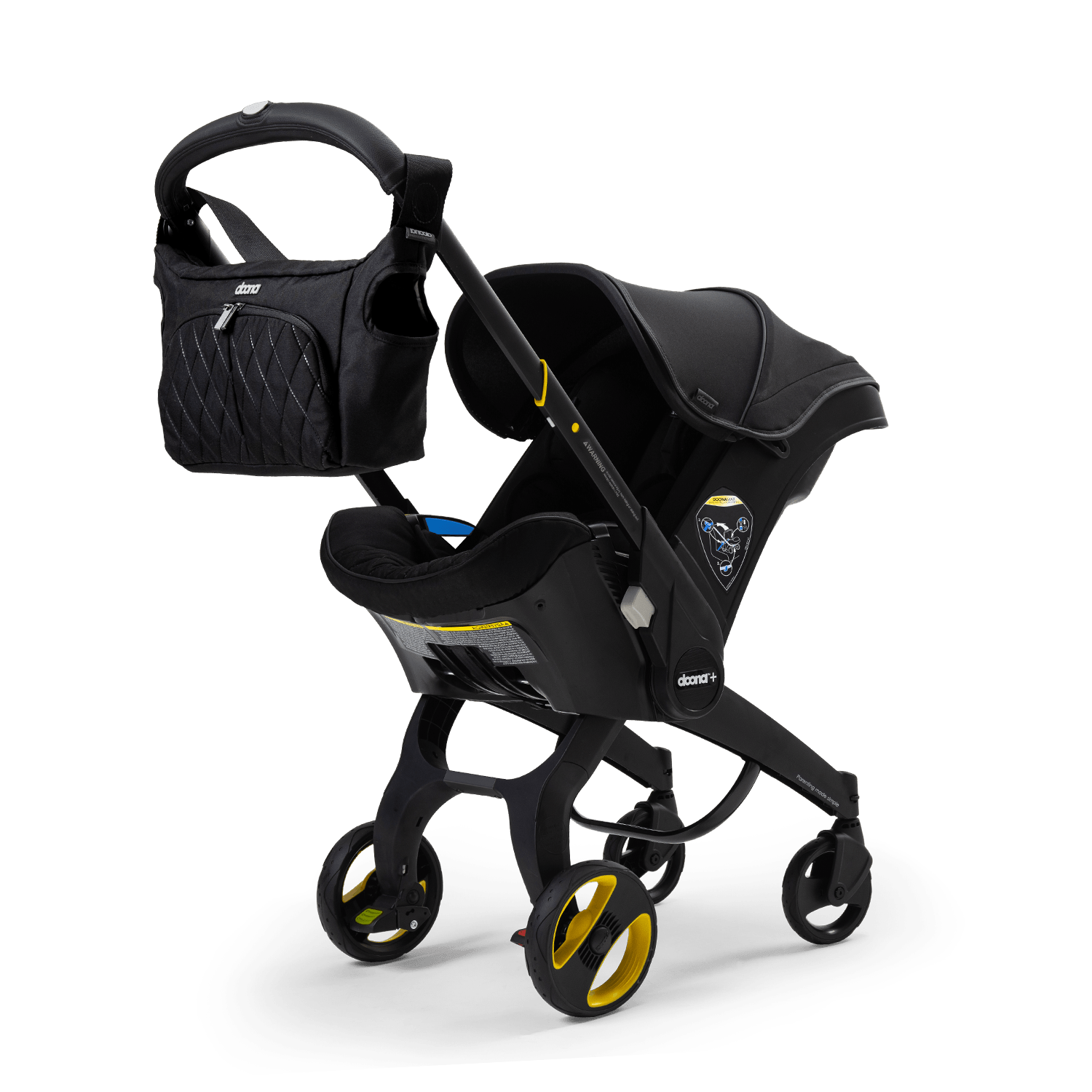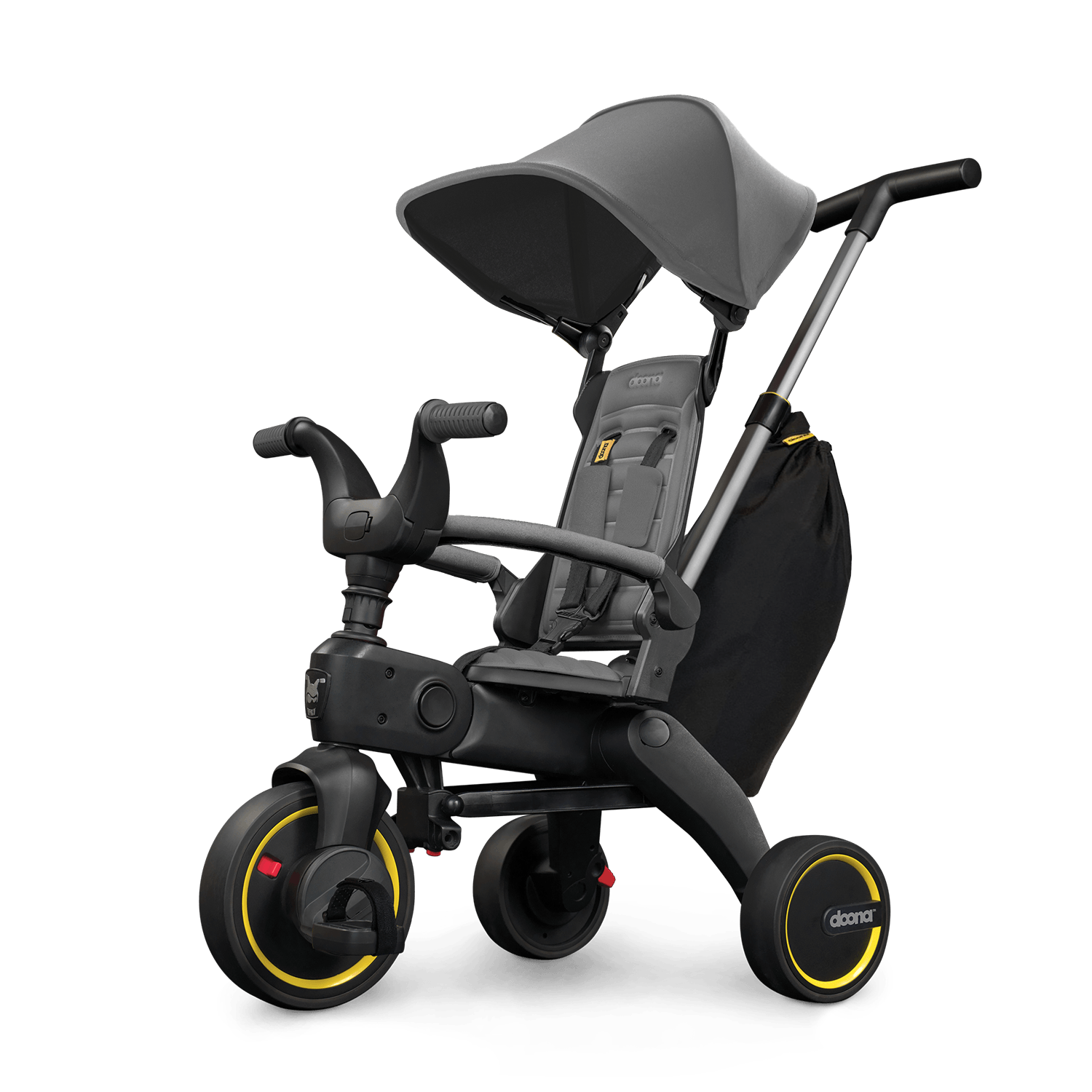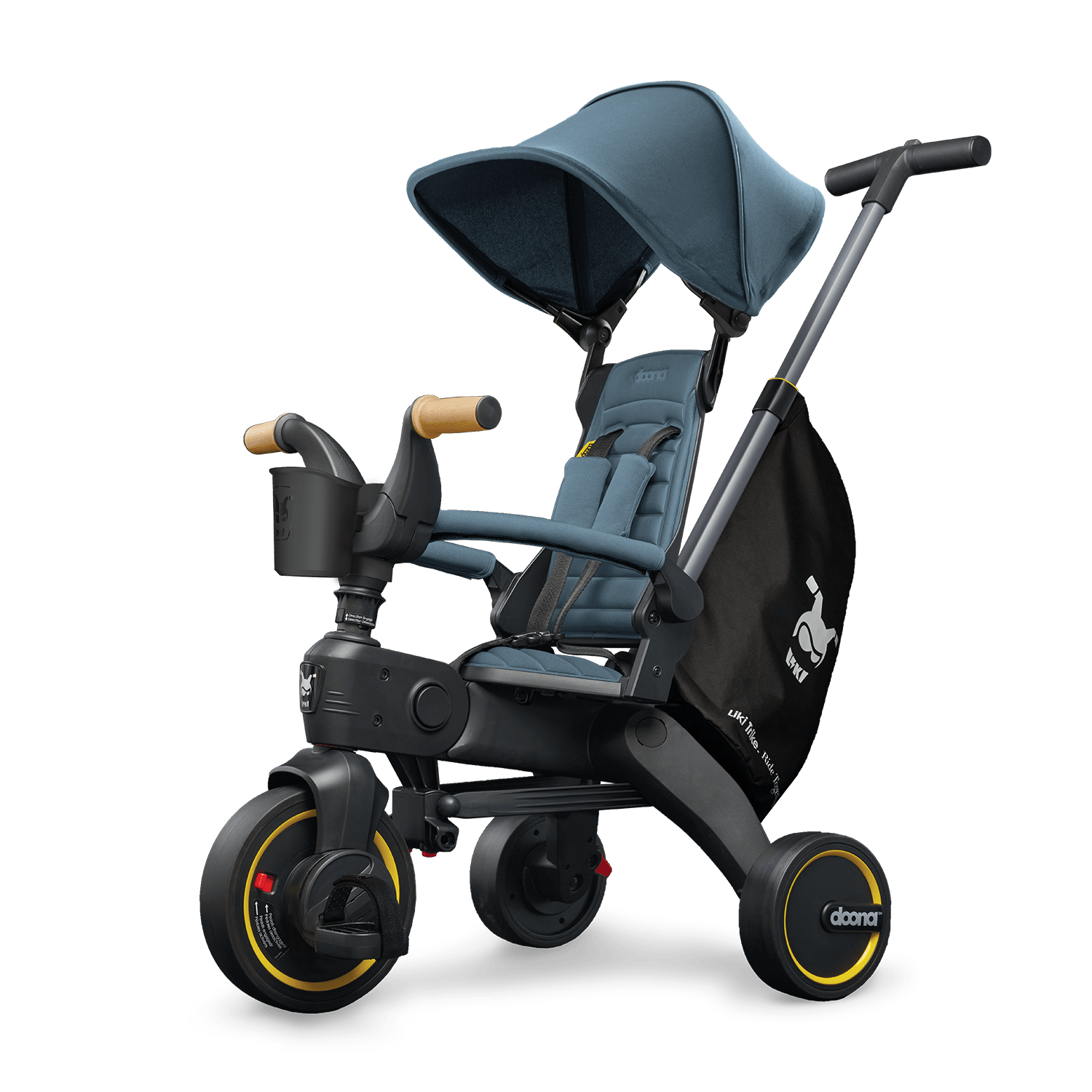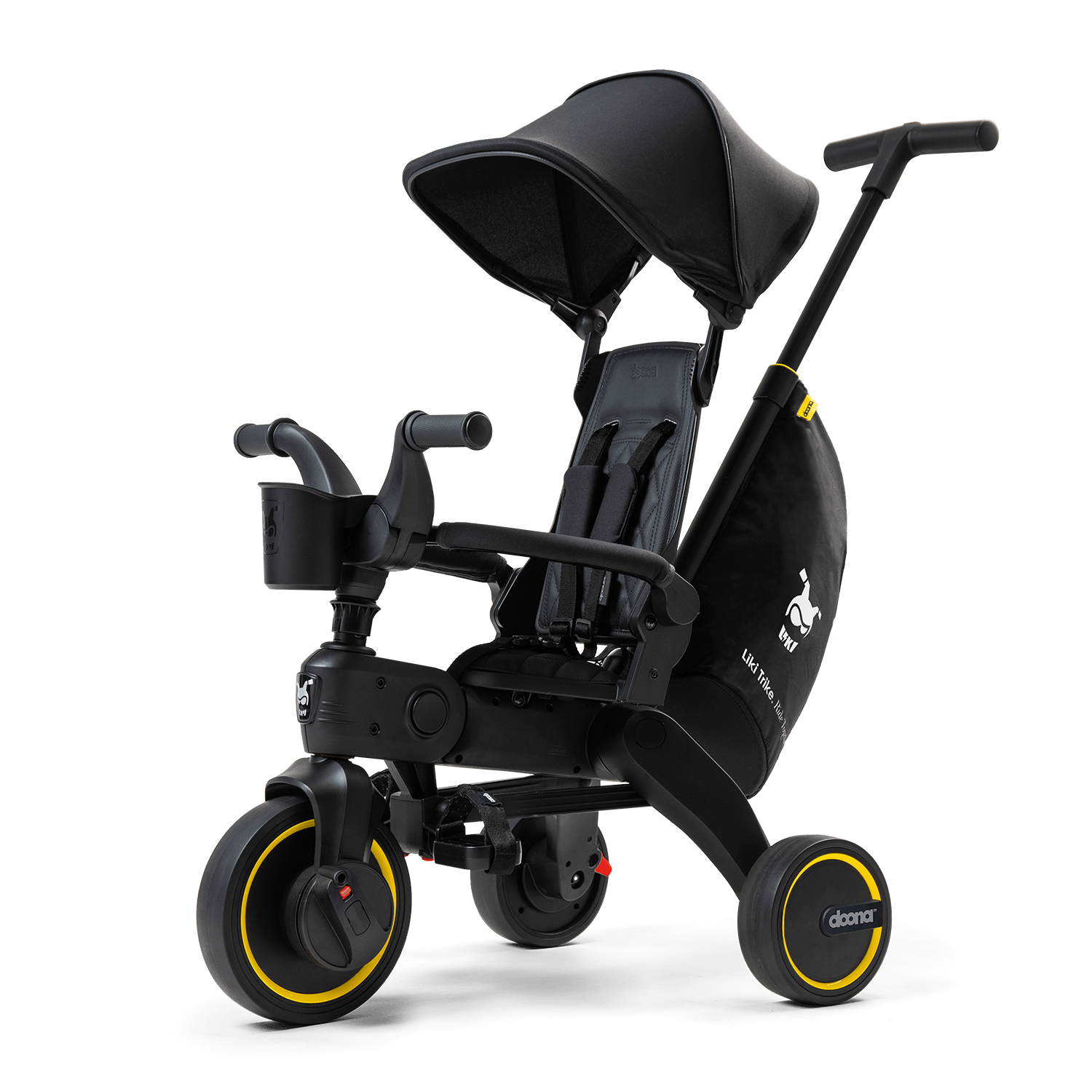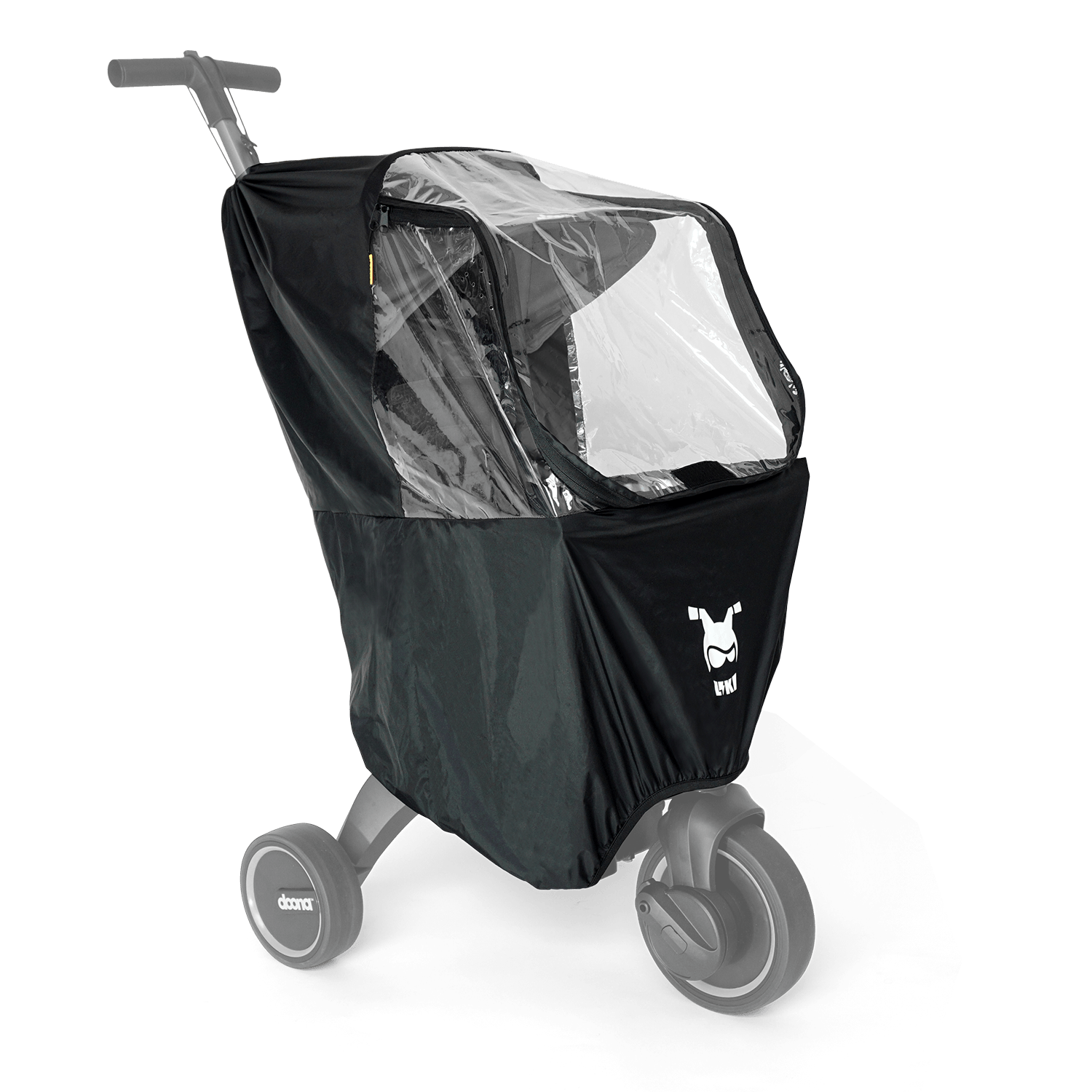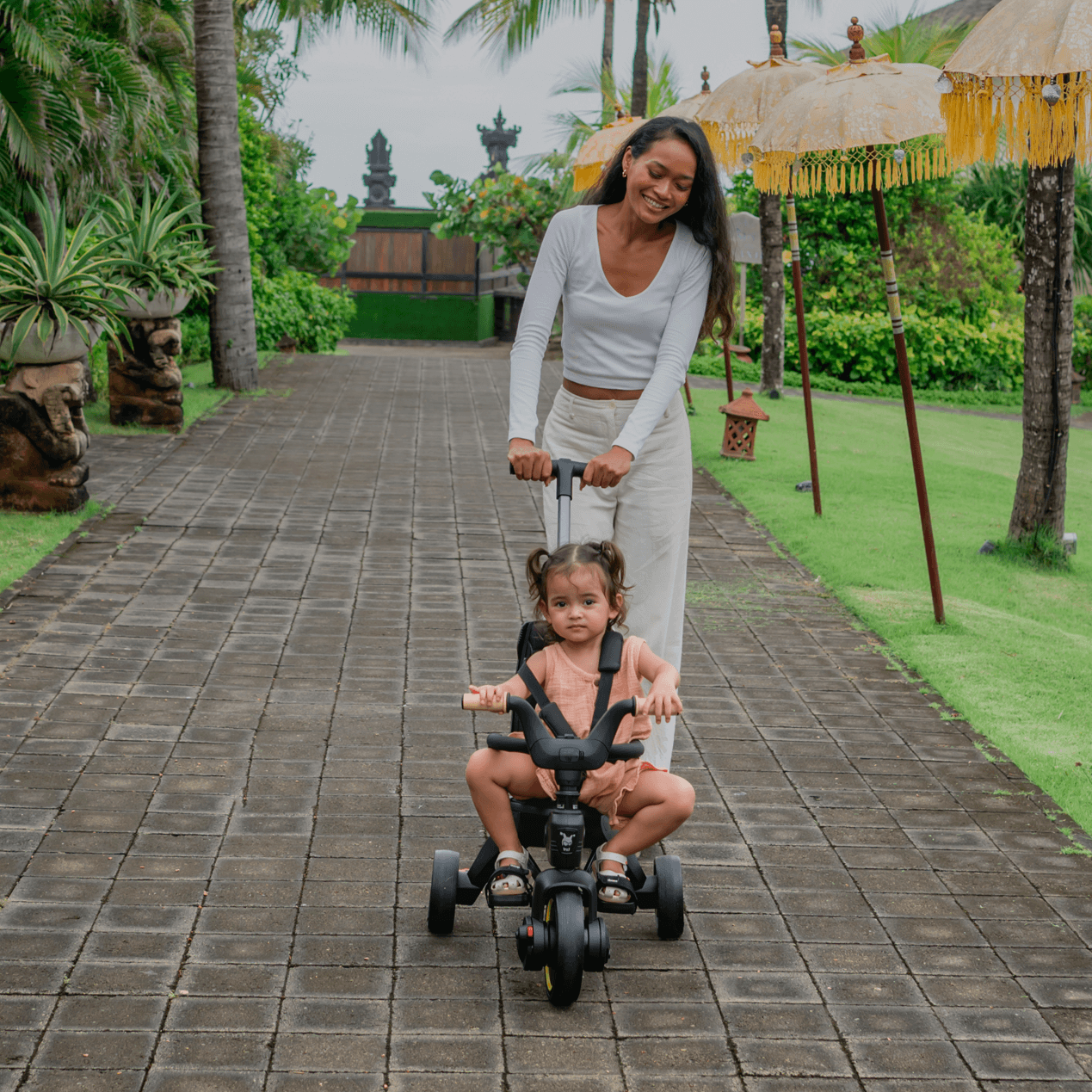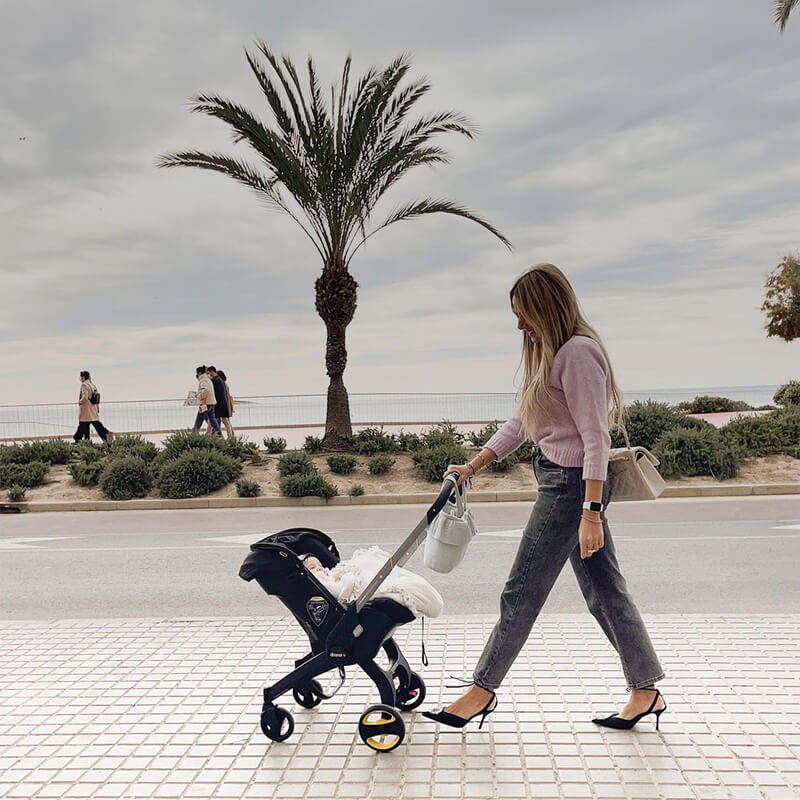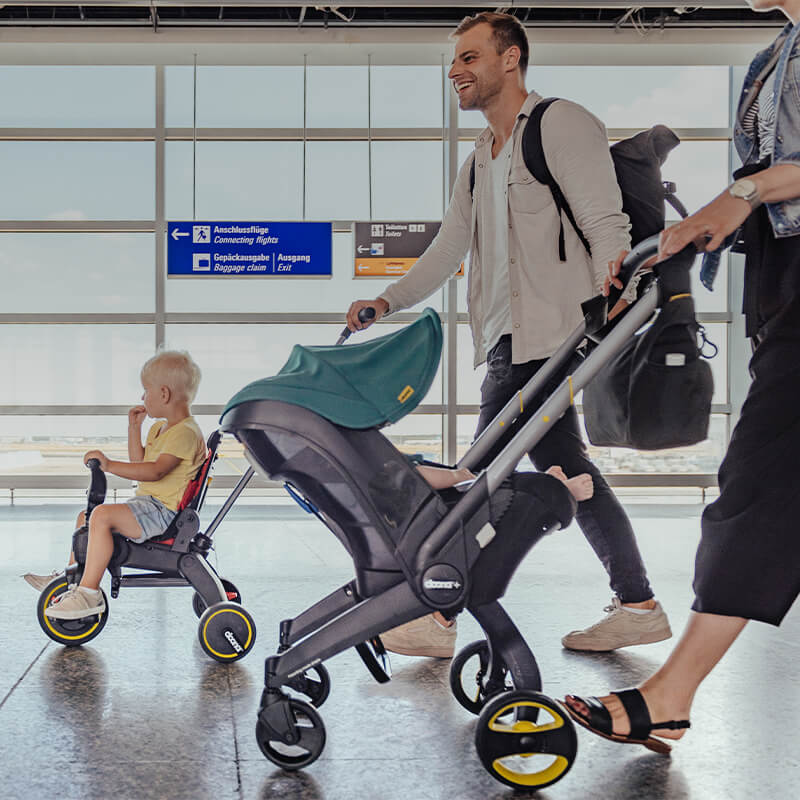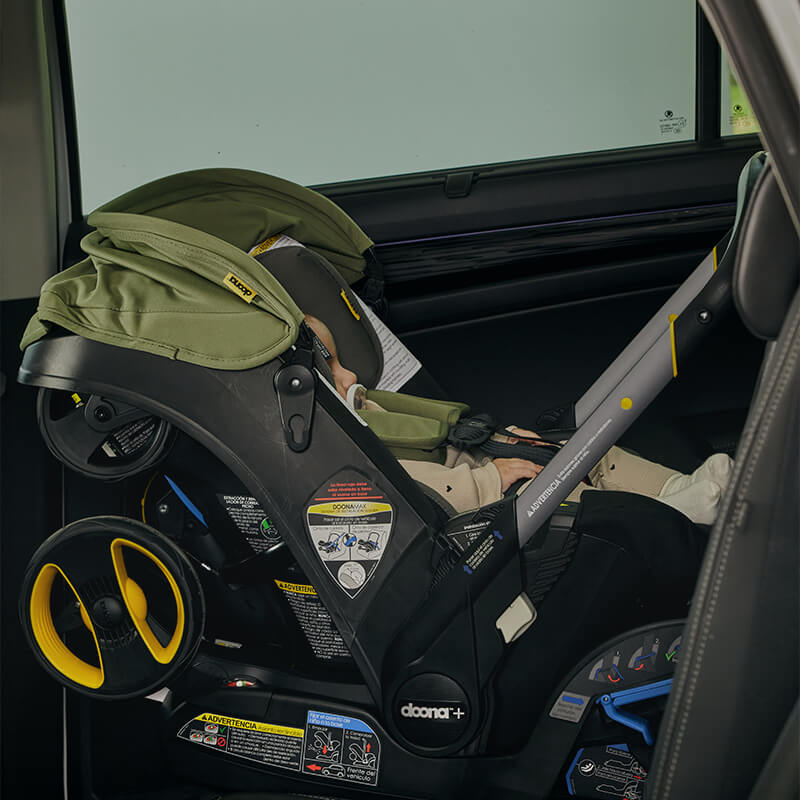Insights with Dr. Caroline Mendel on child behavioral difficulties
We went live on Instagram with child psychologist, Dr. Caroline Mendel, from the Child Mind Institute. Dr. Mendel shared invaluable insights on assisting parents in dealing with challenging behaviors that young children often exhibit, including tantrums, difficulty with listening and more!
Tell us a bit about yourself:
I'm a clinical psychologist, and as you mentioned, I work at the Child Mind Institute, which is a non profit dedicated to transforming the lives of children and families with mental health and learning disorders. Clinical work, I specialize in working with children and families of kids who have ADHD or other behavioral difficulties and that often means working a lot with parents and teachers to help support them at home and at school.
Tell us a bit more about the Child Mind Institute:
We are the leading nonprofit for children's mental health, and we have three critical mission areas - clinical care, science, and education. For our clinical care, we offer care both in our offices and in school programs, in our New York office which is where I'm located, and in San Mateo, California. The clinicians provide gold standard evidence-based care for a variety of concerns. This can be anxiety, depression, ADHD, autism, and learning disorders.
I'm a mom of two kids under five myself, so I hear about people's concerns both in my personal and in my professional life.I love working with parents of younger kids because there's so much growth and ways that we can help support them as they’re becoming the people that they're becoming.
The concerns that I hear with toddlers and other young children are tantrums, aggression like hitting or kicking, difficulty accepting no, difficulty with new or unfamiliar situations, like going to the doctor's office, going to a birthday party, trying a new food.
And then how do you kind of help navigate those type of behaviors? What kind of advice do you give to parents? My work, especially for the younger kids, is working really directly with parents, and as I mentioned, teachers as well, because a lot of times we have to change the parent's behavior in order to change the kid's behavior. I provide what we consider an evidence-based set of strategies or strategies that have been proven to work. This generally combines a set of more kind of proactive, preventative strategies, and then setting limits and providing consequences.
We are much more proactive than reactive. A lot of times parents come to me and they say, ‘what do I do when my kid is on the floor having a tantrum?’ And it is really hard todo anything effective in those moments. We like to be much more proactive and prevent that tantrum from even happening in the first place.
What age range of kids do you see or specialize in:
It's wide, so anywhere from toddlers up to teens, some of my other colleagues see young adults as well. The ways that I help will depend on where a kid is developmentally but we see various challenges at different stages ofkids lives.
How often do you see the parents or work with them?
Generally, it's once a week, um, and, but we can do what we consider more intensive treatment. So sometimes families come in and see me from other parts of the country and I'll, you know, see them in my office for many hours over the course of a week and then, you know, make sure that they have ongoing care at home and that can continue the work that we started.
So, it really depends on what the needs are. And sometimes, we also work with kids who are little. If we really want to build up certain skills and ensure that we treat them as effectively and efficiently as possible, we can do multiple sessions in a week and then continue with the maintenance of those new skills.
Before you mentioned encouraging proactive strategies. What do you recommend the most to parents of toddlers in terms of proactive strategies?
There's a lot out there and it depends on the specific behaviours. But some of my more frequent strategies are establishing consistent routines, which kids really thrive off of.
Consistency means knowing what to expect and having a routine that they can engage in. For example, having a certain set of steps like the evening routine: doing bath, book, and bed. That can be really grounding for kids and prevent some of the misbehavior from happening in the first place.
One thing I often recommend is letting kids know what to expect and also telling them what you expect from them. So, if you’re going to the doctor's office – if you tell them, "We're going to the doctor's office, you're going to meet with the nurse," and explain exactly what's going to happen, it will be very grounding for them.
Sometimes parents will read picture books, and sometimes I'll make books for parents to read to their kids that are tailored to the particular experience. The more they can rehearse it in their heads and know what it's going to be like, that can really prevent certain things from happening once you get there.
Stating that expectation in advance can be really helpful. You know, if you're going out to eat at a restaurant, it's another great time to just state the expectations. It's a lot easier to say it's important to use an indoor voice and stay in your seat and ask me if you need to use the potty, than your child is already racing down the aisle and using a volume that you don't really appreciate, right? It's harder to bring that back than it is to just let your child know what you're hoping for from the start.
Another one that I use a lot is giving choice when possible. Everybody loves to be in charge and have some autonomy. This is the case for toddlers and also teens. Let's say it's brushing teeth -if you say it's time to brush your teeth, do you want to use strawberry toothpaste or mint toothpaste? They're more likely to do that particular task if they've had some choice in the matter.
For the full conversation with Dr Caroline Mendel, check out our IG Live, or to learn more visit the Child Mind Institute website.
At Doona, we are all about providing products and tools to help make life easier for parents. That’s why we created smart and functional travel baby gear like our Doona Car Seat & Stroller, the fully integrated travel system that transforms in a click; as well as Liki Trike, the most compact folding tricycle on the market.
